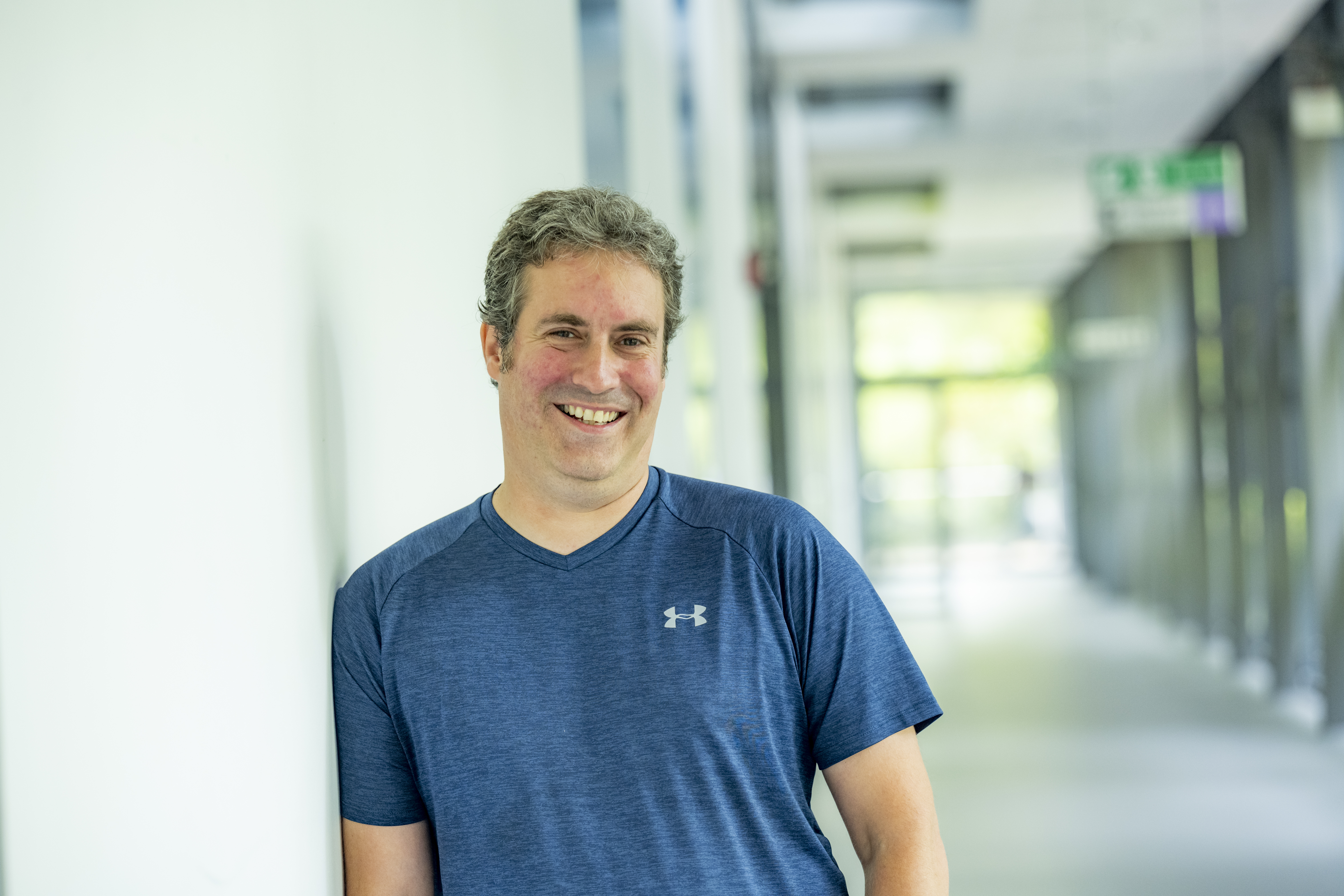Free help to forge better software
Posted on 30 September 2014
Free help to forge better software
 By Steve Crouch, Consultancy Leader.
By Steve Crouch, Consultancy Leader.
The Institute's Open Call provides developer expertise and effort - free of charge - to UK-based researchers. If your project develops research software and you'd like some expert help, you should submit an application to the Open Call.
We've just opened the latest round of the Open Call, which closes on 5 December 2014.
You can ask for our help to improve your research software, your development practices, or your community of users and contributors (or all three!). You may want to improve the sustainability or reproducibility of your software, and need an assessment to see what to do next, or perhaps you need guidance or development effort to help improve specific aspects or make better use of infrastructure. We want applications from any discipline in relation to software at any level of maturity.
Since 2010, the Institute's Research Software Group has assisted over 40 projects across all the UK Research Councils. To see how we've helped others, you can check out our portfolio of past and current projects.
This year, we've helped the developers of the direct numerical simulation software, TPLS, to develop a Fortran FRUIT-based unit test suite for the software, to improve its usability through better configuration of simulation parameters, and to improve its design to allow researcher code plugins to be more easily included.
"Collaborating with the Institute opened up a whole new perspective in the way we approach our further code development," said Prashsant Valluri, from the Institute of Materials and Processes at the University of Edinburgh.
Prashant also notes that the collaboration had unexpected benefits. "Resolution of unexpected bottlenecks that were encountered actually resolved several other objectives that were set for the future."
We also helped the ParaFEM project to develop a Windows demonstrator for new users wishing to rapidly assess their Finite Element Modelling software, and a test system for users to validate their installations on complex HPC resources.
"The newly developed ParaFEM Demonstrator enables potential adopters of ParaFEM to quickly see its capabilities without having to go through a complex compilation and installation process," says Lee Margetts who leads the project.
The Institute also conducted a technical review of the ParaFEM software and related materials, providing recommendations to improve documentation, development practices and the new website. This work has led to the adoption of the software by ten new research groups!

